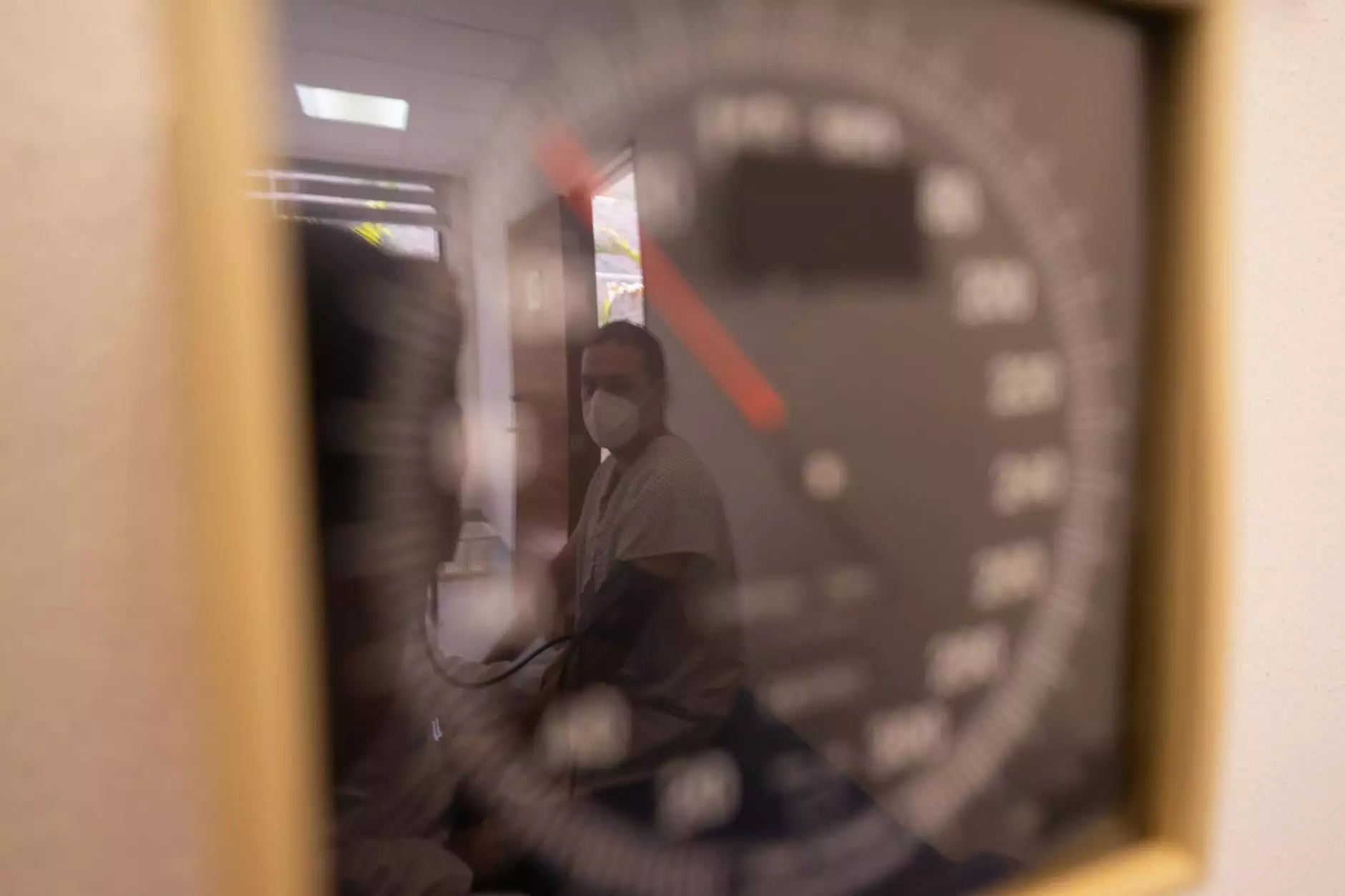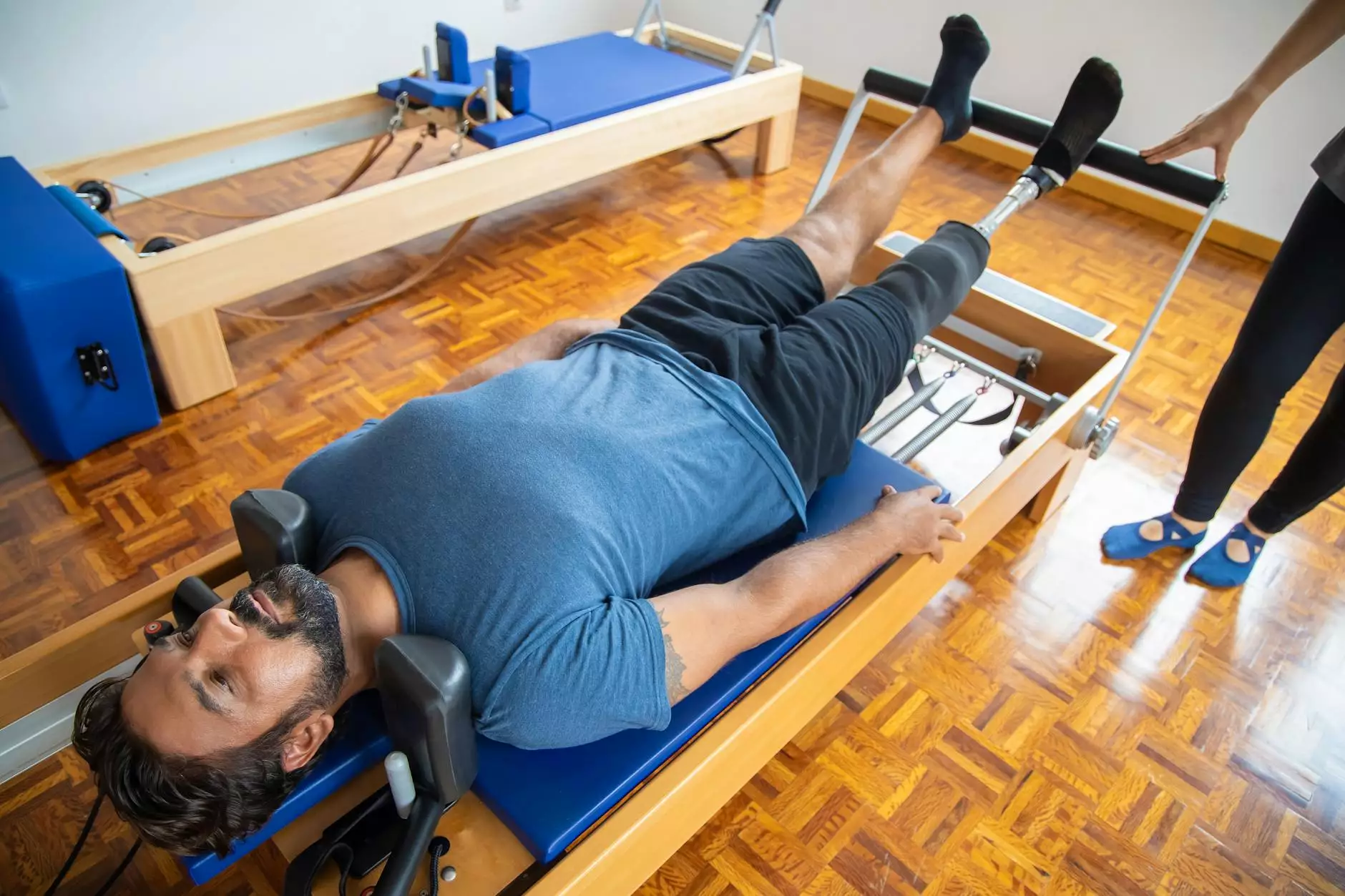Matters of the Heart: CPR, AEDs, and Cardiovascular Screenings
Emergency Response
Introduction
Welcome to Richard Martinez, MD's comprehensive online guide to Matters of the Heart. In this detailed resource, we will delve into the importance of CPR (Cardiopulmonary Resuscitation), AEDs (Automated External Defibrillators), and cardiovascular screenings. Our goal is to provide you with the knowledge and resources needed to make informed decisions about your heart health and potentially save lives.
Why CPR Matters
CPR is a life-saving technique used in emergencies when someone's breathing or heartbeat has stopped. Knowing CPR can be the difference between life and death, as it helps maintain blood flow and oxygenation to vital organs until professional medical help arrives. At Richard Martinez, MD, we understand the critical importance of CPR, and our aim is to empower individuals like you with the necessary skills and knowledge.
The Steps of CPR
Effective CPR consists of two main components: chest compressions and rescue breaths. The American Heart Association (AHA) recommends the following steps:
- Call 911 or ask someone to do it for you.
- Place the heel of your hand on the center of the person's chest.
- Push hard and fast, aiming for a compression depth of at least 2 inches.
- Deliver rescue breaths by tilting the person's head back, pinching their nose, and covering their mouth with yours.
- Continue performing cycles of chest compressions and rescue breaths until professional help arrives.
By learning and practicing these steps, you can be prepared to respond effectively in emergency situations and potentially save lives.
The Role of AEDs
AEDs are portable medical devices designed to deliver an electrical shock to the heart in cases of sudden cardiac arrest, a condition where the heart suddenly stops beating. These devices are crucial in restoring the heart's normal rhythm and increasing the chances of survival. Richard Martinez, MD is dedicated to spreading awareness about AEDs and their importance in public spaces, homes, and workplaces.
How to Use an AED
While the idea of using an AED may seem intimidating, they are designed to be user-friendly even for those without medical training. Here are the general steps to follow when using an AED:
- Power on the AED and follow the audio/visual prompts.
- Place the electrode pads on the person's bare chest as indicated.
- Ensure no one is touching the person and press the analyze button if required.
- If an electrical shock is advised, ensure no one is in contact with the person and press the shock button.
- Perform CPR until professional help arrives or until the AED prompts you to resume analyzing.
Remember, using an AED as soon as possible in a cardiac emergency can greatly increase the chances of survival. At Richard Martinez, MD, we offer training programs and educational resources to help familiarize individuals with AED usage and instill confidence in responding to cardiac emergencies.
Cardiovascular Screenings: The Importance of Prevention
Cardiovascular screenings play a crucial role in detecting potential heart problems before the development of severe symptoms. These screenings involve a series of tests that assess your heart's overall health, identify risk factors, and detect any underlying conditions that may require immediate attention. Richard Martinez, MD highly recommends regular cardiovascular screenings as part of preventive healthcare.
Types of Cardiovascular Screenings
There are various types of cardiovascular screenings available, depending on individual risk factors and personal medical history. Some common screenings include:
- Electrocardiogram (ECG/EKG): Measures the electrical activity of the heart.
- Echocardiogram: Uses ultrasound waves to create images of the heart's structure and function.
- Stress Test: Evaluates the heart's performance during physical activity.
- Coronary Calcium Scan: Determines the amount of calcium deposits in the coronary arteries.
- Lipid Profile: Measures various cholesterol levels and triglycerides in the blood.
These screenings help identify potential heart diseases, assess current heart health, and guide personalized treatment plans. Richard Martinez, MD's team of experts utilizes state-of-the-art technology and advanced screening techniques to provide accurate and comprehensive assessments.
Conclusion: Taking Control of Your Heart Health
In conclusion, Matters of the Heart is an extensive resource on CPR, AEDs, and cardiovascular screenings provided by Richard Martinez, MD. Empowering yourself with knowledge and skills in CPR, understanding the vital role of AEDs, and prioritizing regular cardiovascular screenings can significantly reduce the risk of heart-related emergencies and improve overall heart health.
By prioritizing your heart health, you are not only taking control of your own well-being but also potentially saving the lives of those around you. Explore Richard Martinez, MD's website to learn more about our services, training programs, and resources to help you become heart-smart and ready to respond in critical situations.




